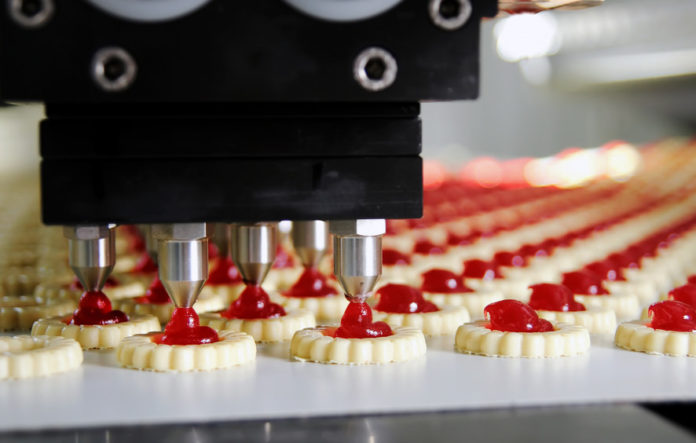In a first for Singapore, a shared small batch food manufacturing facility being set up by
Enterprise Singapore, JTC and Singapore Institute of Technology (SIT) aims to fill a gap in
the market for small batch production.
Small and medium food manufacturers often face hurdles such as a lack of facilities, costly
equipment, high opportunity costs and high minimum order requirements from outsourced
manufacturers when commercialising new products after research and development (R&D).
The shared facility will help them overcome challenges in the development and scalable
manufacture of new food products. Smaller enterprises will be able to create products without having to invest in costly equipment or outsource to contract manufacturers.
A key feature of the facility is an integrated cold room and warehouse facility (CWF) that
tenants can tap on a pay-per-use basis, instead of committing capital and operating
expenditure to build and operate their own CWF. The 1,130 sqm shared facility, to be
operated by SIT, will make available production rooms and food processing equipment for
companies to use on a pay-per-use basis. This will allow food manufacturers, especially start-
ups and SMEs, to validate new products after R&D and test their commercial viability before making the leap to full-scale production.
On top of hardware support, there will be workplace training courses, masterclasses and
seminars organised at the Food Hub for industry players to deepen technical capabilities and
skills. For instance, food manufacturing companies can develop capabilities in emerging food
technologies through the Food Skills Development Programme (FSDP) supported by
SkillsFuture Singapore (SSG) and developed with Enterprise Singapore that aims to create
industry solutions through collaboration between industry players and SIT.
David Tan, President of Singapore Food Manufacturers’ Association (SFMA), said, “The
small batch production facility provides a much-needed platform for local food players to
trial new products on a smaller scale without having to invest in equipment before bringing
them to market. This will greatly support the commercialisation of new products among food
players and aid their expansion abroad.”
“Apart from testing new products, food manufacturers can tap on the shared facility to
develop capabilities in food technologies that will help them keep pace with advancing
technologies and consumer trends. It encourages the adoption of advanced food processing
technologies and automation among food manufacturers that will support the industry’s
growth,” added Douglas Foo, President of Singapore Manufacturing Federation (SMF).














